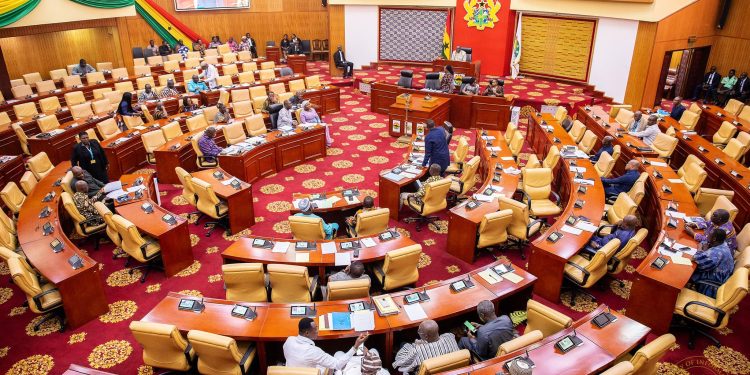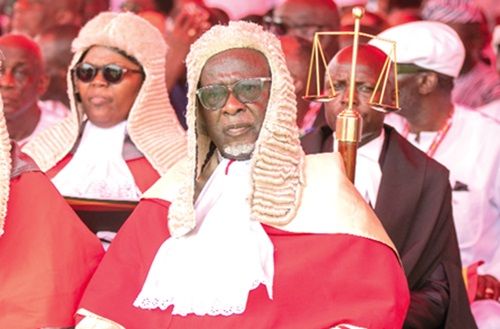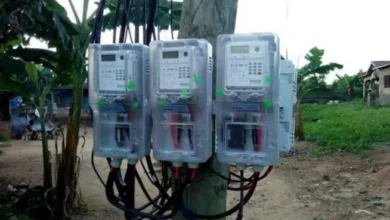Parliament Approves 7 Supreme Court Nominees Amid Minority Protest

Parliament has approved the controversial Supreme Court vetting report, clearing the path for the confirmation of President John Mahama’s judicial nominees.
The decision follows intense debates on the floor of Parliament, culminating in a voice vote dominated by the Majority side, despite strong objections from the Minority caucus.
A tense parliamentary session
The session saw sharp exchanges between members of the Majority and Minority, with the latter accusing the process of lacking transparency and fairness. Opposition lawmakers argued that the vetting of the nominees was rushed and politically motivated, raising concerns about judicial independence.
Despite their protests, the Majority side prevailed, using their numbers to push through the adoption of the report by voice vote.
“We have serious reservations about how this process was conducted,”
one Minority MP remarked during deliberations.
“It sets a worrying precedent for the independence of our judiciary.”
Who are the nominees?
While the full list of judicial appointees is yet to be officially gazetted, sources indicate that the nominees include seasoned legal professionals with prior service in the Court of Appeal and other superior courts.
President Mahama has positioned the appointments as part of broader judicial reforms aimed at enhancing access to justice and improving the efficiency of the Supreme Court.

Political and legal implications
The approval signals a victory for the executive arm under Mahama’s leadership, consolidating his influence within the judiciary. However, critics warn it could deepen tensions between the executive and opposition parties, especially heading into the next election cycle.
Civil society organisations have called for calm and urged the public to monitor the performance of the new justices rather than prematurely questioning their impartiality.
Read Also: Supreme Court Dismisses Suit Challenging Suspension of Chief Justice Torkornoo in 4-1 Verdict




